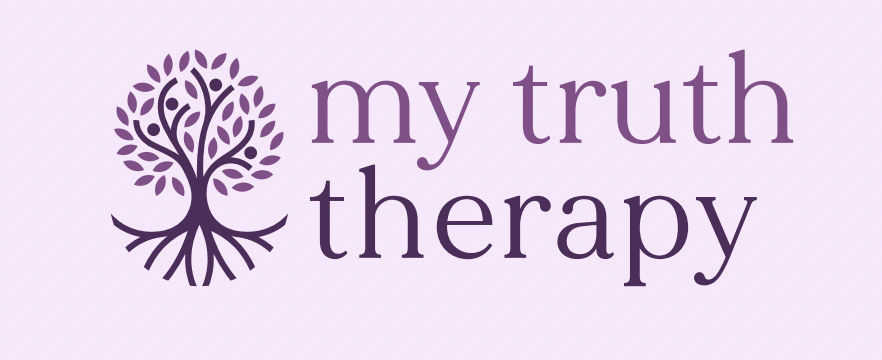Guide to Controlling Relationships & Narcisisstic Behaviors
Sometimes we feel stuck. Relationship Challenges & Interpersonal Conflicts can cause emotional distress leading to disruption of our physiological state.
There is also that moment when we realize that the pain and discomfort we have been feeling has become more than the fear that was preventing us from shifting into solution mode.
The process of therapy can help to sort out a challenging situation, and support your decision to find answers you have been seeking!

Signs of Controlling Relationships & Narcissistic Behaviors
Verbal Abuse includes belittling, bullying, accusing, blaming, shaming, demanding, ordering, threatening, criticizing, sarcasm, raging, opposing, undermining, interrupting, blocking, and name-calling. Note that many people occasionally make demands, use sarcasm, interrupt, oppose, criticize, blame, or block you. Consider the context, malice, and frequency of the behavior before labeling it narcissistic abuse.
Generally, manipulation is indirect influence on someone to behave in a way that furthers the goals of the manipulator. Often, it expresses covert aggression. Think of a “wolf in sheep’s clothing.” On the surface, the words seem harmless – even complimentary; but underneath you feel demeaned or sense a hostile intent. If you experienced manipulation growing up, you may not recognize it as such.
Emotional blackmail may include threats, anger, warnings, intimidation, or punishment. It’s a form of manipulation that provokes doubt in you. You feel fear, obligation, and or guilt, sometimes referred to as “FOG”
Intentionally making you distrust your perceptions of reality or believe that you’re mentally incompetent.
Competing and one-upping to always be on top, sometimes through unethical means. E.g. cheating in a game.
Unnecessarily making comparisons to negatively contrast you with the narcissist or other people.
Disruptive interference with your endeavors or relationships for the purpose of revenge or personal advantage.
Using or taking advantage of you for personal ends without regard for your feelings or needs.
Persistent deception to avoid responsibility or to achieve the narcissist’s own ends.
Withholding such things as money, sex, communication or affection from you.
Ignoring the needs of a child for whom the abuser is responsible. Includes child endangerment; i.e., placing or leaving a child in a dangerous situation.
Ignoring your boundaries by looking through your things, phone, mail; denying your physical privacy or stalking or following you; ignoring privacy you’ve requested.
Spreading malicious gossip or lies about you to other people.
This includes blocking your movement, pulling hair, throwing things, or destroying your property.
Financial abuse might include controlling you through economic domination or draining your finances through extortion, theft, manipulation, or gambling, or by accruing debt in your name or selling your personal property.
Isolating you from friends, family, or access to outside services and support through control, manipulation, verbal abuse, character assassination, or other means of abuse.




